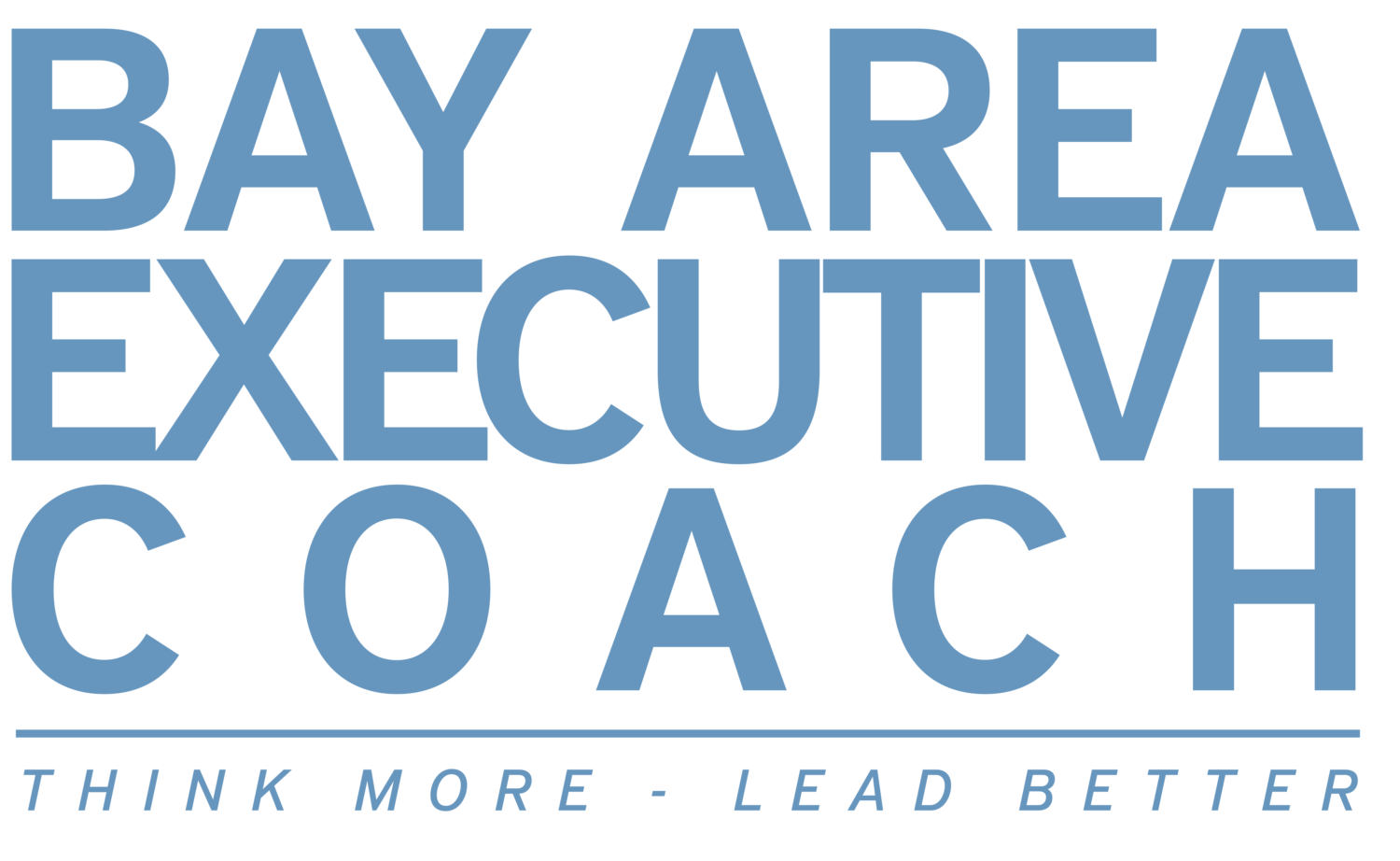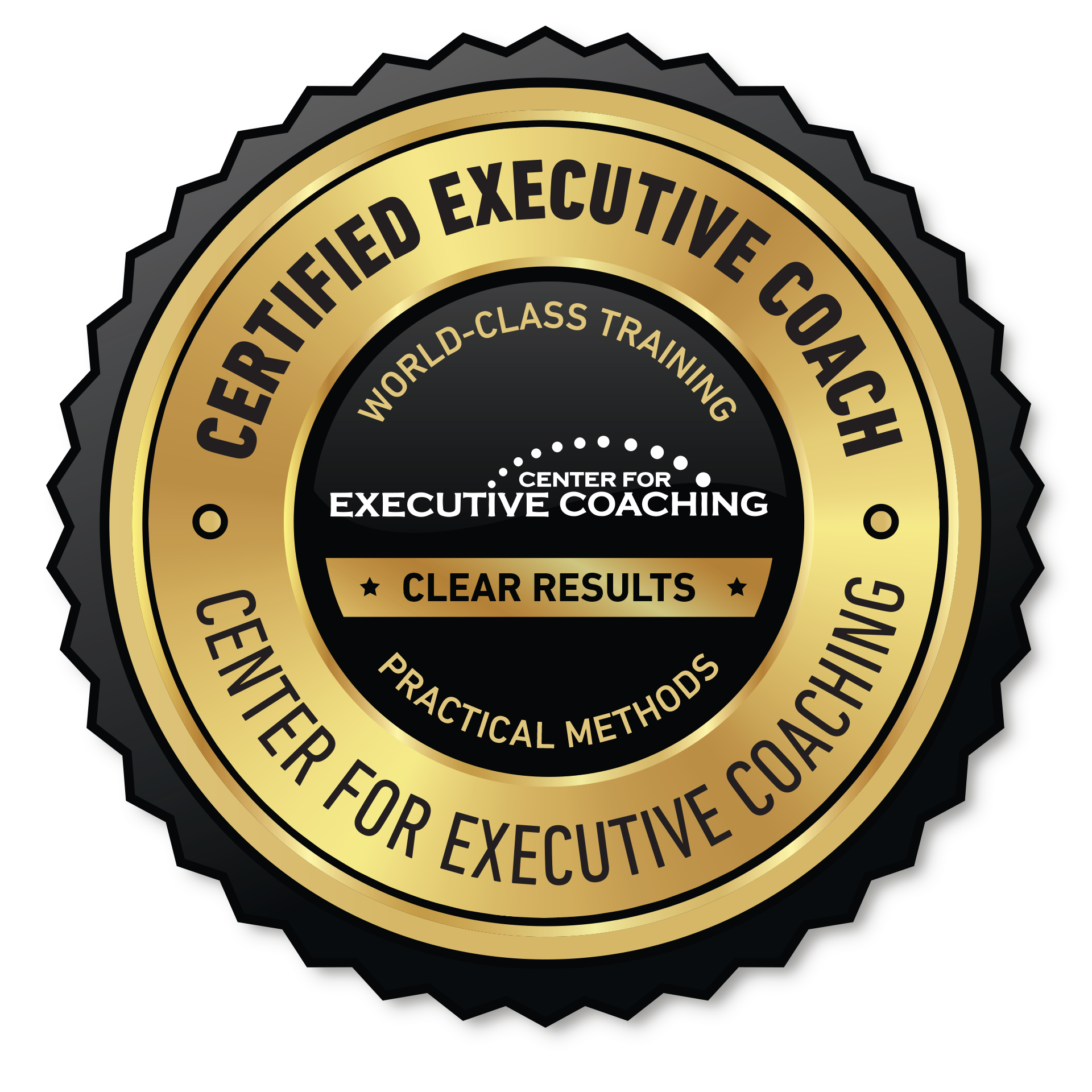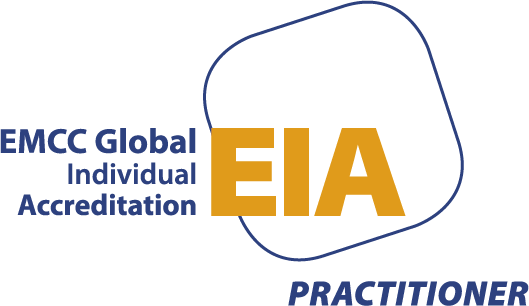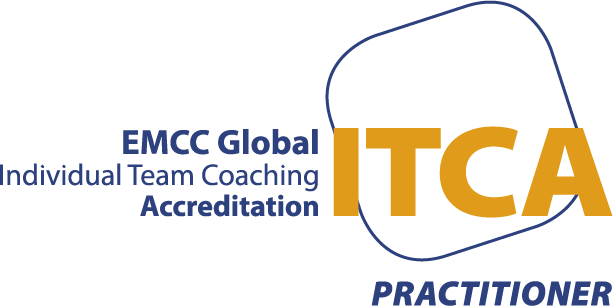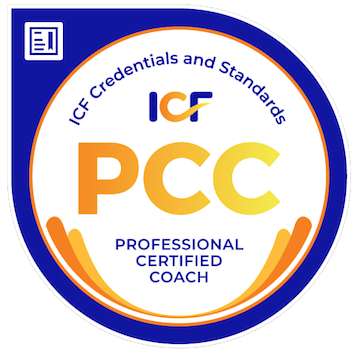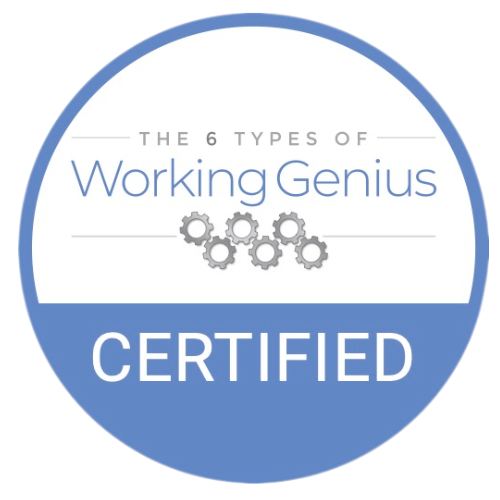But decision making is an essential part of being a successful executive or manager, and it can be learned and honed just like any other managerial skill. So, if you’re tired of enduring the stomach churning and floor pacing that commonly accompanies making the “big” decision, here are a few proven tips to help you climb out of the valley of indecision and scale the peaks of confidence.
- Trust your gut instinct.
First impressions, sometimes referred to as “gut instinct,” are your initial, visceral reactions or feelings about someone or something, based on your past experiences and personal values. Your gut instinct is often your most valid and satisfying choice when it comes to a decision. Listen to and trust this inner voice of wisdom to a greater degree than you are now. Chances are you already know this would render you more effective and timely in making decisions. You may have even been told by others that you have great instincts or collected wisdom from years of experience.
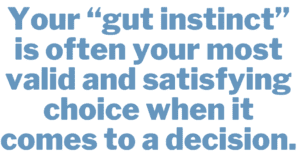
- Collect all the information you can.
This method is simple: the more you know, the easier it is to decide. Therefore, research and dig deep to get the facts and figures both internal and external as appropriate. Read up and study other sources you trust that would support your knowledge on the subject. Knowledge breeds confidence, and confidence leads to sound decision making.
Now we would be remiss by not mentioning that you should only use this technique if you are not prone to paralysis by analysis. If you are the type that tends to want too much information, which then prolongs the decision-making process, then move on to the next idea in the list. This one is not for you.
- Ask for objective help from people you trust.
Leaders should never feel like they have to go it alone when facing a big decision. Everyone can benefit from an objective and neutral perspective on an important matter. The key to using this tip effectively is to know what the timeline is to make the decision; and whom to ask. Usually a few viewpoints is all you need. Consider turning to people who don’t always agree with you for a fresh perspective. Lastly, if your chosen counselors are not available, use another idea and move on. With all these ideas, timely decision making is still of primary importance.
- Look at the big picture to align your decision with company goals.
You might benefit from zooming out and thinking about what decision would be in your company’s or department’s best interests. Also consider how your decision might or might not align with your company’s values, mission and vision. Sometimes, you are too close to the matter and zooming out will help you to adopt a different perspective that then presents a clearer path forward.
- Consider the benefits of delaying the decision, or not making it at all.

Sometimes no decision is the right decision. You may be wringing your hands trying to figure out which way to go when it’s actually best to sit and wait. This would be applicable at times when the situation is so fluid that making a decision now may have as many possible negative consequences as positive ones. Earlier we suggested that you should get more information to make a better decision. When more information is not available for a variety of reasons, then putting off the decision or simply choosing not to make it at this time is an option. You should also have an instinctual feel for when this may be the right choice.
- Find someone to play Devil’s Advocate.
If you’re leaning in one direction about a decision, but you’re still not fully decided, it can be very helpful, before you decide, to hear the other side of the story argued by a trusted Devil’s Advocate. Let that person try to persuade you into their line of thinking, then step back to evaluate how that argument stacks up against your favored position. The pros and cons can suddenly become evident and your decision becomes clearer.
If you don’t have a person ready to play that role, do it yourself. Take the opposite position and come up with all the reasons your likely decision is a bad one. Or, do a pre-mortem, which is to analyze why the decision failed to produce the result you wanted. Doing this type of thinking can help you come to a better decision.
- Use the Scoreboard approach.
List all the decision parameters in rows. Then place the decision choices into columns, maybe “Decision A, Decision B’ and so forth. Assign a point value for each parameter, say 5 points for essential down to 1 point for minor. Fill in the columns with point values based on how you feel about each parameter for each decision choice and add up the totals at the bottom. The “winning decision” will reveal itself.
If you want to further strengthen this approach, remove your assigned point values and ask someone else you trust to assign their own point values and score it. Does their scoring point to the same decision?
- Let go of perfection.
Are you a perfectionist? Does this affect your decision making? Probably. A wise sage once said that the only perfection found in this world resides in a blooming rose or in a fully formed rainbow. Accept that your decisions will never be perfect.
Whatever you decide, something will not be quite right. So, let go of being perfect and instead embrace the Japanese concept that imperfection is in fact a part of perfection. Build this muscle and you’ll find your ability to make timely decisions increases.
Start with low stakes decisions to see if you can make decisions that turn out well despite wanting more information, getting more perspectives, or doing more scenario planning. 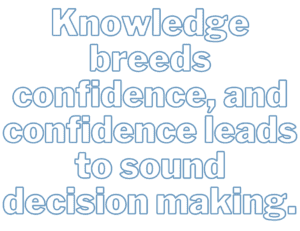
- Set a short deadline for decision making, and stick to it.
Few things are more wrenching than tossing around an important decision for an indeterminable amount of time. Life is too short and your time is too valuable. Set a firm deadline for making that decision and don’t deviate from it. Want more accountability? Communicate the deadline to others who’ll be part of the process or affected by the decision.
As with the idea before this one, if this is hard for you, start with low stakes decisions and set out to make them on a tight timeline. As you get comfortable with more rapid decision making, you’ll refine your process so the quality of your decisions is not diminished.
- Don’t second-guess yourself.
After you’ve carefully and thoughtfully made your decision, put your mind at ease that you made what you sincerely believe is the right choice and don’t look back. Instead, follow up and measure the impact of your decisions to focus more time and energy on course correction as well as your next decision.
So, here you have 10 short but useful tips for honing your decision making skills and approaching your next big decision with increased confidence.
One important decision that I hope you’ll find easy to make is scheduling an appointment to talk with us about our executive coaching and team development programs. Focusing on making better decisions is absolutely something we can cover with you and or a team. Click here to set up your appointment and I look forward to speaking with you soon!
Here are more resources related to this topic:
Articles
- Mistakes Managers Make Part 1
- Mistakes Managers Make Part 2
- From Manager to Leader: Executive Coaching for Leadership Development
- The Authoritative Guide to Executive Presence
eBook
Guide
YouTube Videos
- Decisive Leadership: How to Make Better Decisions
- Don’t Panic! How to Stay Accountable in 6 Common Tough Situations as a Leader
- Are You Having These 2 Important Meetings as a Manager?
- 6 Surefire Steps to Get the Right Work Done!
Featured photo is from ©Andrea Piacquadio via Pexels. Secondary photo is from ©Tima Miroshnichenko via Pexels.
